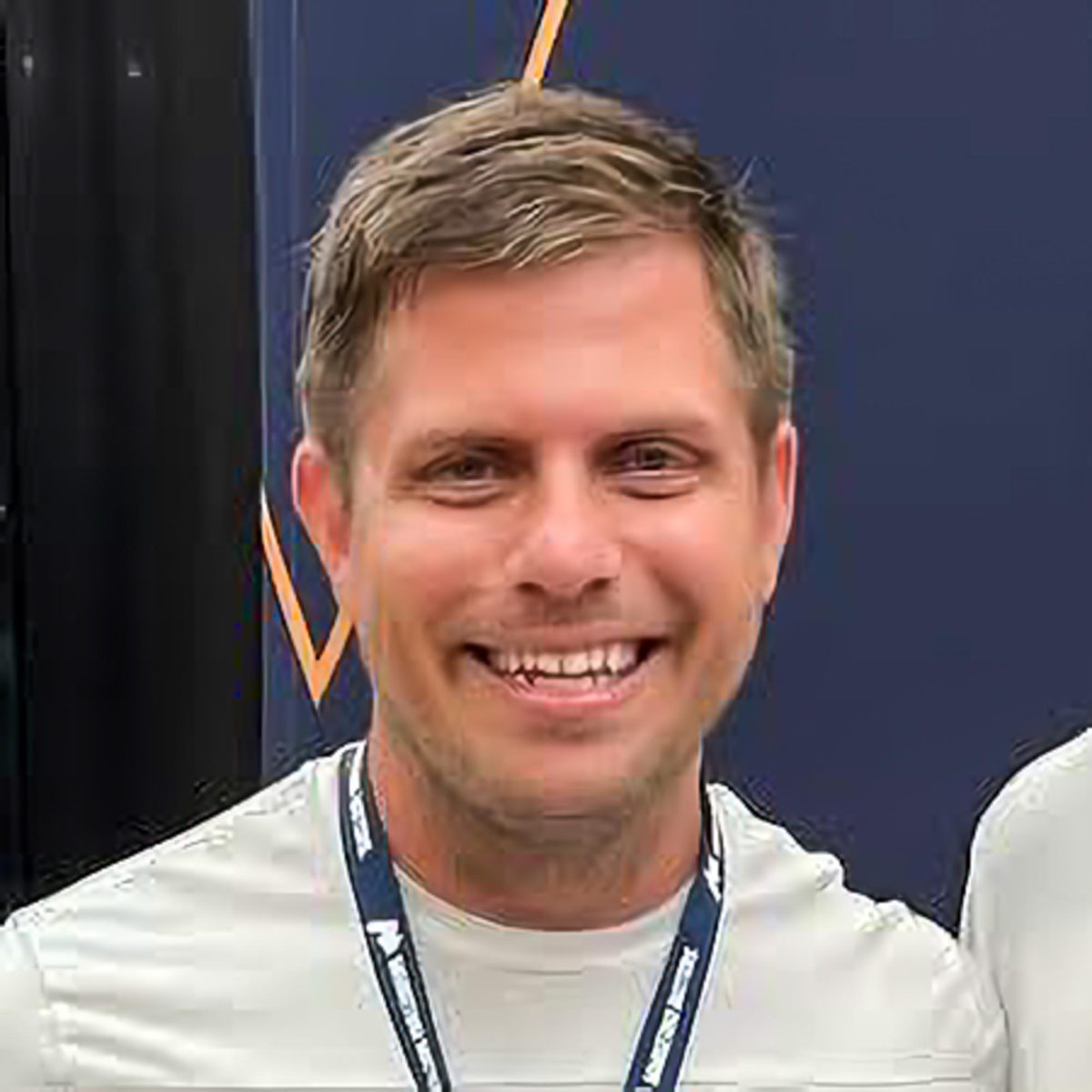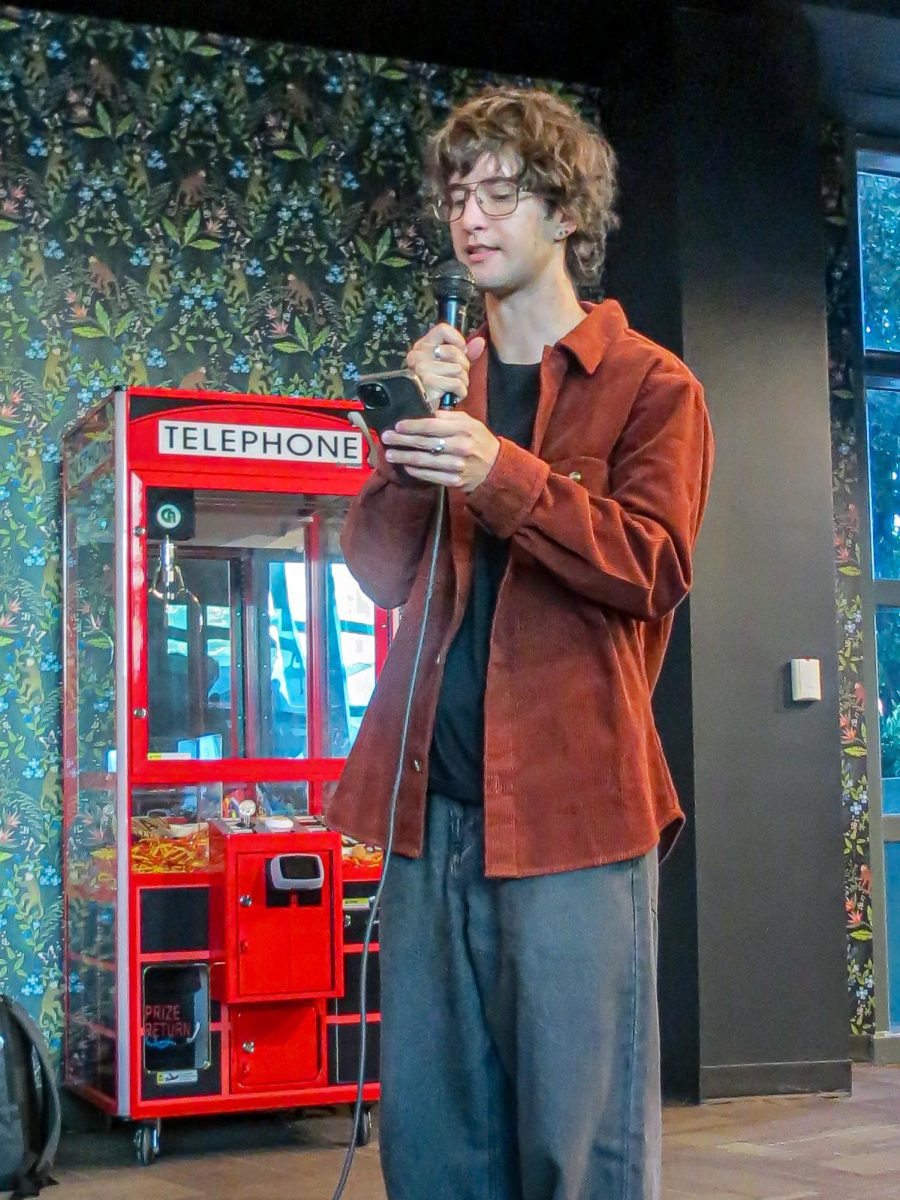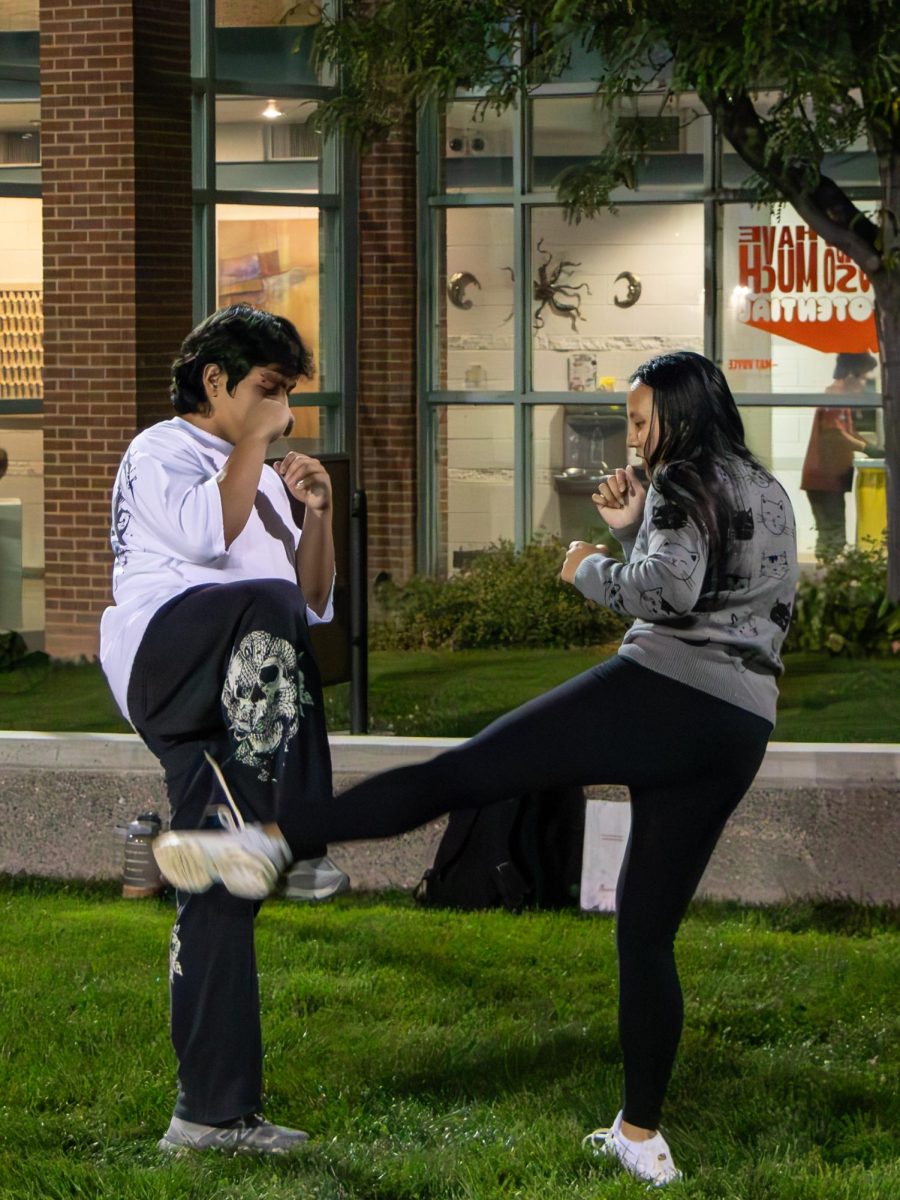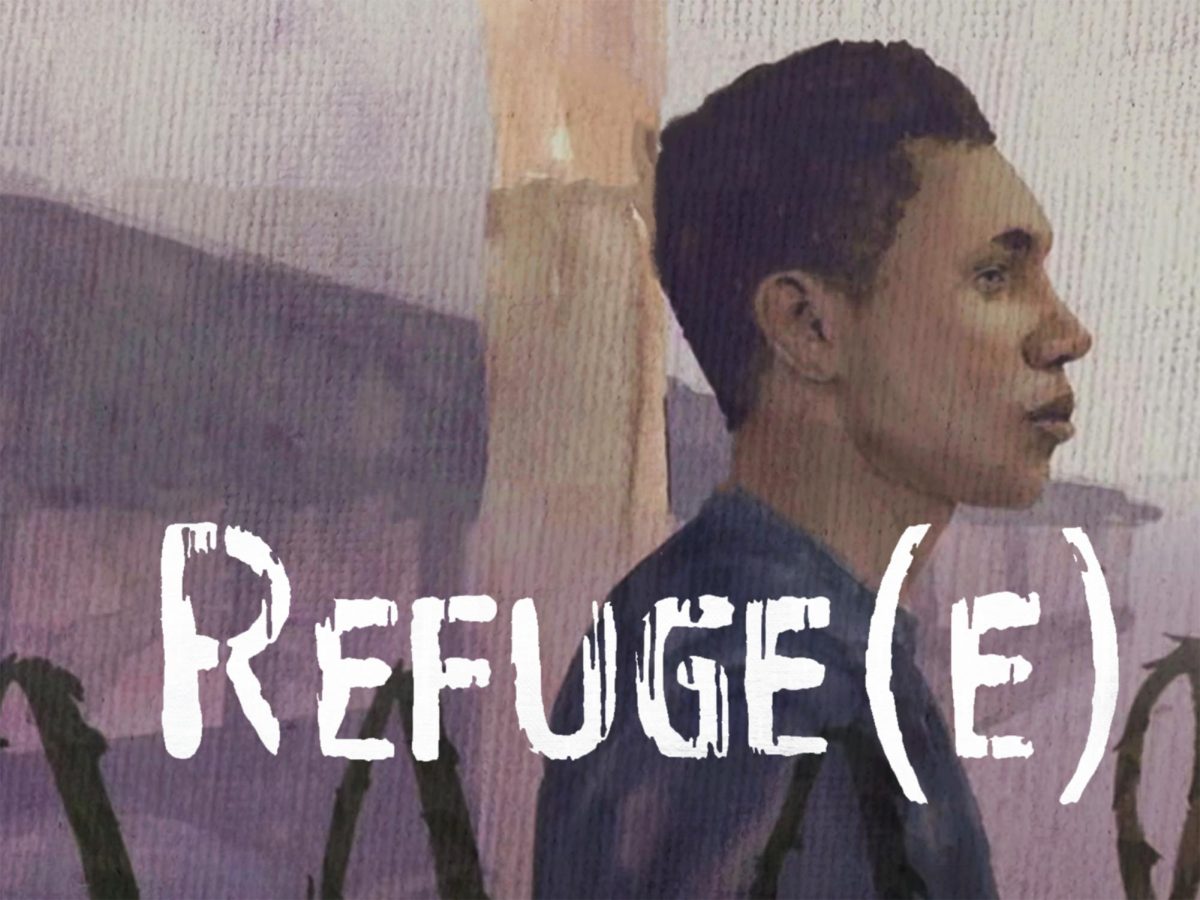Even with a smaller number of faculty compared to other institutions, Colorado Mesa University has a fantastic variety of professors, all coming from very different backgrounds and experiences.
Some professors come to CMU from years in the professional positions and some have spent their whole careers in academia. Every professor has a different story before their position at CMU, all of them unique and exciting.
For Dr. Melissa Connor, things have been very lively, figuratively speaking of course. Dr. Connor is a professor of forensic anthropology at CMU. She advises the forensic anthropology minors and she is also the director of the Forensic Investigation Research Station, also known as the “Body Farm.”
She earned her Bachelors and Masters in Anthropology from the University of Wisconsin-Madison and her Ph.D. in anthropology and geography from Nebraska-Lincoln. Before teaching at CMU she taught at Nebraska-Lincoln and created the master’s program at Nebraska-Wesleyan.
Initially focused on archaeology, Dr. Connor has shifted her focus more onto the recent dead.
“In school, I went to archaeological field school and then they hired me the next year for an internship and then archaeology just kept hiring me,” Connor said. “I have kind of stepped away from archaeology, though, into what is more physical anthropology and forensic anthropology. I like working with the recent dead.”
Connor has worked in CMU’s “Body Farm” and taught here for several years now but before coming here she worked for the National Parks Service as a resident Archaeologist where she worked on many projects. One of these included identifying and analyzing the remains of soldiers who died at the Battle of Little Big Horn of which she has published two books on.
“I worked at a lot of parks on smaller projects but Little Big Horn, Yellowstone and the Tetons were my big ones,” Connor said. “I took about a 15-year hiatus from academia and didn’t finish my Ph.D. until I quit the parks service.”
Through the organization Physicians for Human Rights, Dr. Connor worked in mass graves in Yugoslavia, Rwanda, Sri Lanka, Cyprus and Nigeria to research and gather evidence for convictions of war crimes and genocide.
“During some of my work abroad with mass graves, I did my dissertation on the physical signatures of genocide, war crimes and crimes against humanity. It was partly archaeology, partly political science and partly forensic investigation,” Connor said.
After working on major projects and for the parks service, Connor is a strong believer in the importance of collaboration, a concept she emphasizes in the classroom and at the forensic research station.
“I think my past experience working on major projects with the parks service has taught me the importance of working and how to work with different teams, experts and people from different disciplines,” Connor said. “Students working at the FIRS have to understand that they have to be experts in their field but also they have to know enough about other fields, like entomology and social work, to work on projects effectively.”
Connor was very excited to come to CMU because of the opportunity to work at her own forensic research lab.
“I came to CMU because of the opportunity to have my own facility, one of six in the world. how cool is that?” Connor said.
The FIRS is very cool, but it is also very busy. There are always very many research projects going on at once. Connor is currently collaborating with biology professor Dr. Eriek Hansen on a $250,000 project to understand how bodies decay.
“We have a quarter million dollar grant from the National Institute of Justice, because we took his fish biology technique of bioelectrical impedance, a way to measure the meat, fat and water in an animal, and started using it on dead people, to tell how long someone has been dead,” Connor said.
Additionally, Connor, the FIRS and others from CMU will be collaborating with the FBI this summer to provide evidence for a case against a local funeral home convicted of selling body parts on the black market and returning fake ashes to families.
“We are going to be involved with the FBI investigation this summer,” Connor said. “We have put together a good team. The social work students will work with the families affected and do the intake and return of remains, William Wood in geology will be doing the XRF analysis of the remains, and then my students will look at those results to see if they ae consistent with bones.”
Working with recent dead and body donors to the facility is very sensitive and Connor has to work closely and respectfully with families.
“That is a whole other aspect of the job, working with the families and the coroners, I am actually certified in Colorado as a funeral director so that I can do death certificates for our donor families, so I can get it to them in a quick and respectful manner,” Connor said.
“I have been lucky enough to have a good set of colleagues that can help me vet research projects like Ereik Hansen, Chrissy Paigin and Michelle Sunkel,” Connor remarked. “We also have lots of good students who intern and do research out there and they are always individual and funny.”








